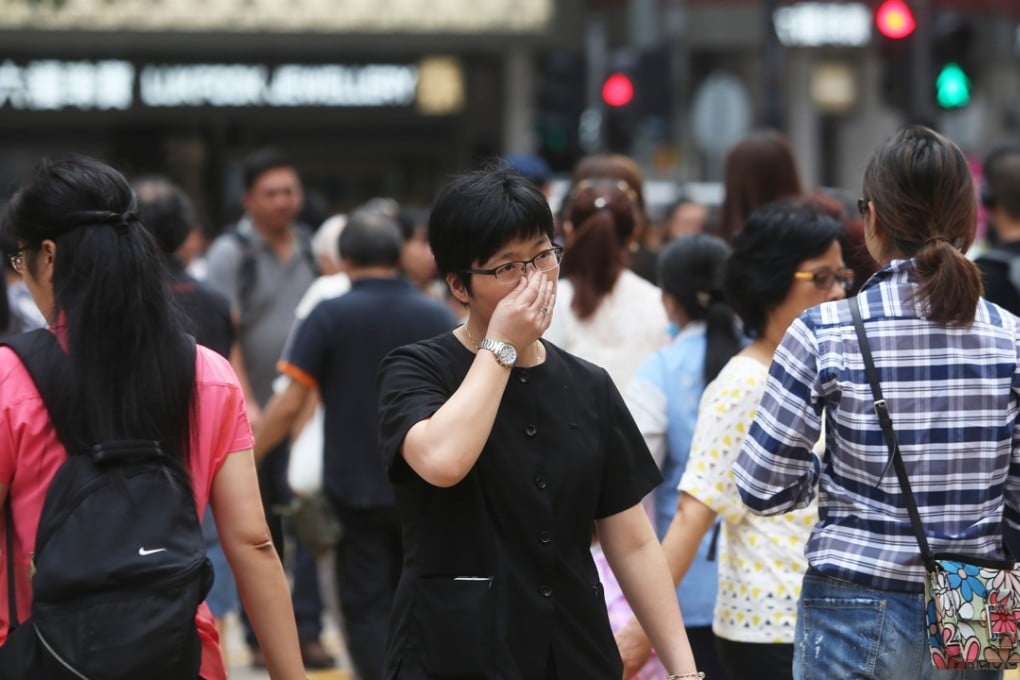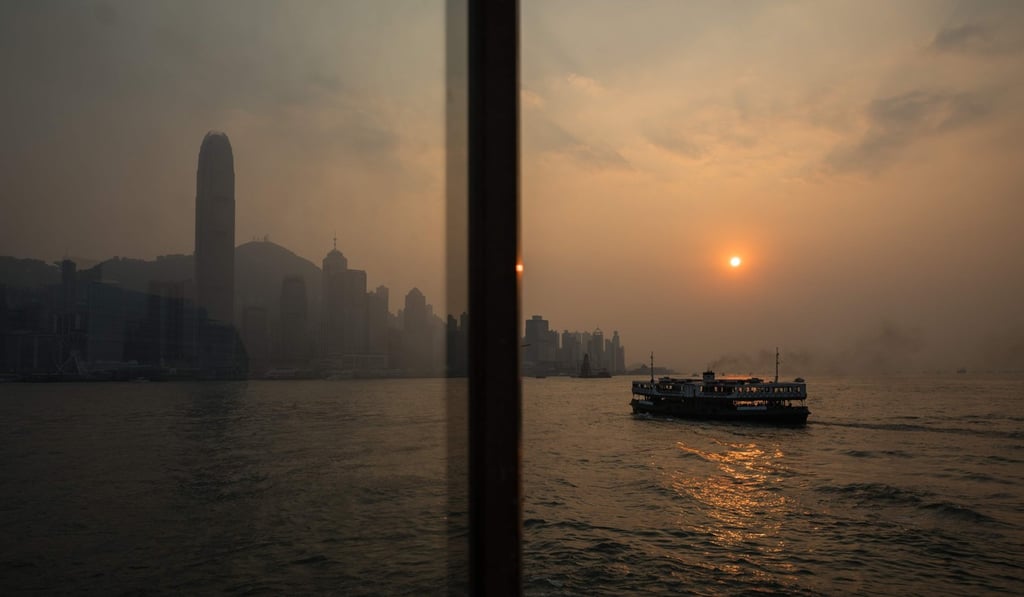Hong Kong needs stricter laws on air pollution, to hold the government to account
Loong Tsz Wai says environmental officials should be required by law to prioritise public health protection and stop avoiding the tough measures needed to clean up our roadside air

Air pollution persists in Hong Kong despite the government’s efforts to reduce it. Though the levels of some pollutants are measurably falling, the improvements are not happening across the board. We still see many days when a spike in pollutant levels leads to health hazard warnings. Something must be done.
Hong Kong residents told to limit time outdoors as serious air pollution hits city
Not so in some other societies. In the UK, the government is legally bound to comply with its air quality standards. A group of environmental lawyers has successfully sued the UK government – twice – over its failure to comply with legal limits of air pollution, most recently last November when the court found the government’s plan for tackling bad air to be “illegally poor”.
Could we see a similar case in Hong Kong? The answer is “no”, not because our roadside nitrogen dioxide levels comply with our air quality objective. In fact, Hong Kong’s nitrogen dioxide levels have exceeded targets for 20 years now. But we can’t sue the government because officials aren’t legally bound to ensure the air we breathe is healthy. The term “public health” does not even appear in the pollution control legislation, reflecting the minimal consideration given to human health.
Hong Kong environmental group calls for stricter air quality targets citing recent pollution figures
The air quality objectives are currently under review, and the Environmental Protection Department has initiated a public engagement exercise to solicit opinions on more than 70 air quality improvement measures, with two public forums planned for later this month. So far, so good. But a closer look undermines confidence in these measures.
First, they are divided into “short term”, “medium term”, “long term” and “others” (which basically means “never”). Short-term measures are defined as those that are likely to produce results before 2025. How come “short term” is eight years away? And what were the government’s considerations when categorising these measures?
